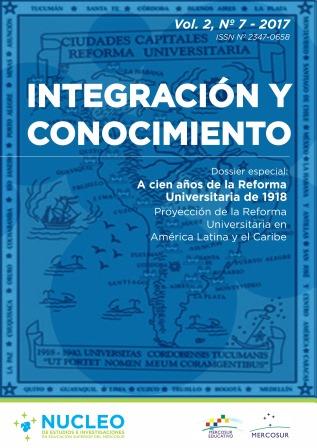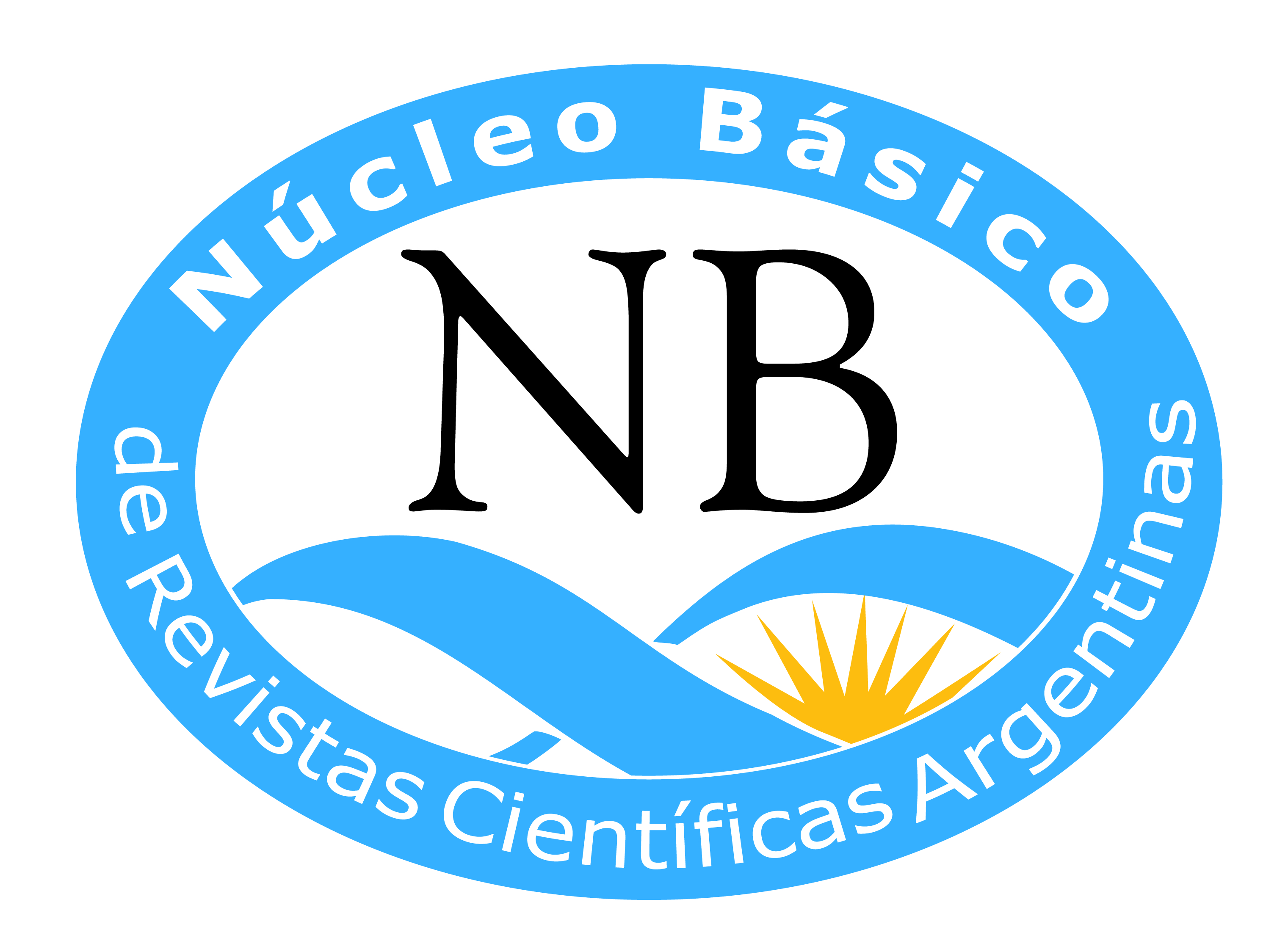Em busca da liberdade nas universidades: para que serve a pesquisa em educação?
DOI:
https://doi.org/10.61203/2347-0658.v6.n2.18694Keywords:
Excelência, Empreendedorismo, Empregabilidade, Europeização, Liberdade, UniversidadeAbstract
O texto, que corresponde à transcrição da palestra proferida no Porto, no Congresso Europeu de Pesquisa Educacional (4/set/2014), inicia-se com quatro histórias que são sintomas da corrosão atual das universidades e da pesquisa. Depois, na parte central, a partir de três palavras começadas por E e mais uma, criticam-se asideologias de “modernização” que estão a dominar as universidades: excelência, empreendedorismo, empregabilidade, mais europeização. Na parte final, tiram-se conclusões para a pesquisa educacional, defendendo-se a necessidade de reforçar: a) práticas de debate e culturas de colegialidade; b) lógicas de diversidade e de convergência; c) processos de desenvolvimento de uma educação plena num quadro de abertura e de compromisso social. A primeira e a última palavra deste texto é liberdade, pois, sem ela, não há pensamento, nem ciência, nem educação, isto é, não há universidade.
Downloads
References
Barr, N. (2012). The higher education white paper: the good, the bad, the unspeakable – and the next white paper. Social Policy and Administration, v. 46, n. 5, p. 438-508, 2012.
Charte de la Désexcellence. Versão de Janeiro de 2014. Disponível em: http://lac.ulb.ac.be/LAC/charte_files/Charte_Desexcellence_1-1.pdf.
Derrida, J. (2001). L’université sans condition. Paris: Galilée.
Du Gard, R. M.. Banquet speech. Nobelprize.org. Nobel Media AB 2014. Disponível em: http://www.nobelprize.org/nobel_prizes/literature/laureates/1937/gard-speech.html.
Ferreira, V. (1992). Pensar. Lisboa: Bertrand.
Freidson, E. (1986). Les professions artistiques comme défi à l’analyse sociologique. Revue Française de Sociologie, v. 27, n. 3.
Harvard University, Faculty Advisory Council Memorandum on Journal Pricing, 17 de Abril de 2012. Disponível em: http://isites.harvard.edu/icb/icb.do?keyword=k77982&tabgroupid=icb.tabgroup14344.
Holmwood, J. (Ed.) (2011). A manifesto for the public university. London: Bloomsbury.
Labaree, D. (2012). A sermon on educational research. International Journal for the Historiography of Education, v. 2, n.1.
Manifesto for Universities that live up to their missions. Disponível em: http://www.univendebat.eu/manifeste/manifesto-for-universities-to-stand-up-for-their-missions.
Monbito, G. (2011). Academic publishers make Murdoch look like a socialist. The Guardian, 29 ago. 2011.
Moro-Martin, A. (2014). A call to those who care about Europe’s sicence. Nature, v. 514, n. 7521.
Nora, D. (2014). Recherche publique, profits privés. Le Nouvel Observateur, n. 2583, p. 52-53.
Robertson, S. L. (2012). World-class higher education (for whom?). Prospects, v. 42, p. 237-245.
Serres, M. (1991). Le tiers-instruit. Paris: Éditions François Bourin. The cost of knowledge. Disponível em: http://gowers.files.wordpress.com/2012/02/elsevierstatementfinal.pdf.
They have chosen ignorance! Disponível em: http://openletter.euroscience.org/open-letter/.
Downloads
Published
Issue
Section
License
Authors who have publications with this journal accept the following terms:
a. Authors shall retain their copyright and guarantee the journal the right of first publication of their work, which shall simultaneously be subject to the Creative Commons License of Recognition which allows third parties to share the work as long as its author is indicated and its first publication is this journal.
b. Authors may adopt other non-exclusive licensing agreements for the distribution of the published version of the work (e.g., depositing it in an institutional telematic archive or publishing it in a monographic volume) provided that the initial publication in this journal is indicated.
c. Authors are allowed and encouraged to disseminate their work via the Internet (e.g. in institutional telematic archives or on their website) after publication of the article, which may lead to interesting exchanges and increased citations of the published work. (See The Effect of Open Access).



